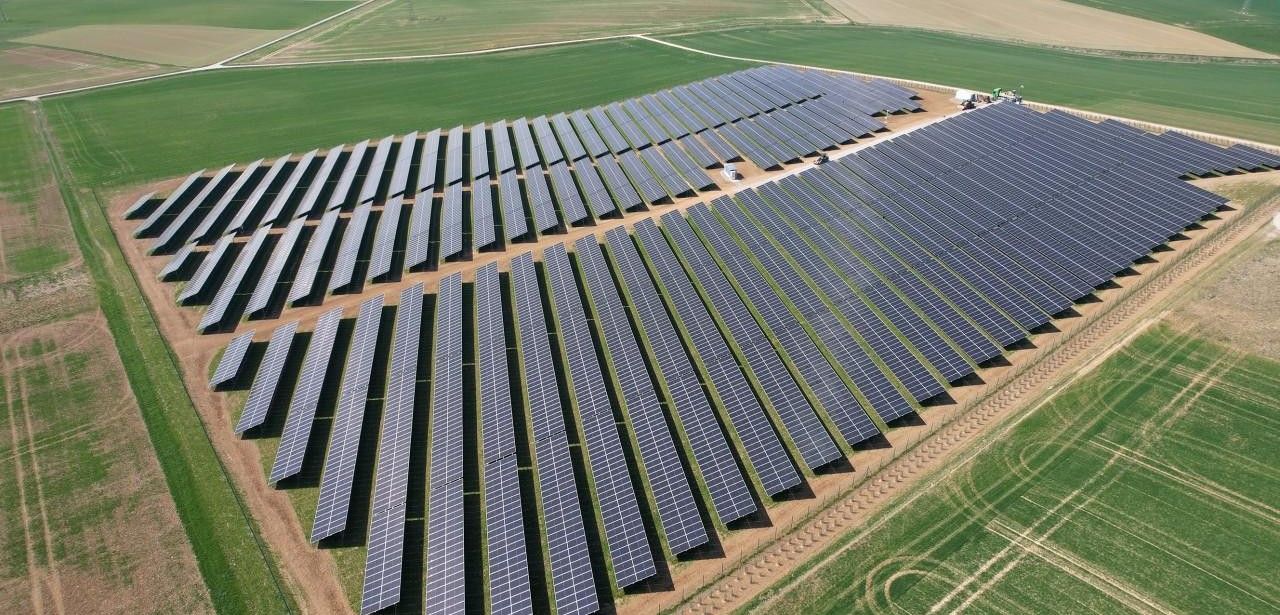In spring 2024, ABO Energy brought two solar parks in Baden-Württemberg online, with capacities of 6.4 MW at Rottenacker and 6.6 MW at Schlierstadt. They supply green electricity to 10,000 households, cut CO2 emissions more than 10,000 tonnes, and reduce Germany’s reliance on energy imports. With low generation costs, 30 MW of subsidies, investment schemes, and integrated battery storage, the company reinforces grid stability and advances the national energy transition.
Table of Contents: What awaits you in this article
ABO Energy commissions solar parks powering ten thousand households
During spring 2024, ABO Energy commissioned two large-scale photovoltaic parks in the German state of Baden-Württemberg, located in Rottenacker and Schlierstadt. The installations provide 6.4 megawatts of capacity in Rottenacker and 6.6 megawatts in Schlierstadt, collectively delivering sufficient electricity to power roughly ten thousand households annually. Combined, these solar facilities prevent over ten thousand tonnes of carbon dioxide emissions, reduce Germanys reliance on imported energy supplies, boosting national autonomy and economic advantages.
Solar Parks Deliver Electricity at 4.1 Cents per kWh
In a recent statement, Marcel Schulz, Team Leader Solar Baden-Württemberg, underscores that utility-scale photovoltaic parks now represent the most cost-effective form of power generation. According to Fraunhofer ISE, large ground-mounted systems in southern Germany achieve levelized costs between 4.1 and 5.0 cents per kilowatt-hour. By contrast, lignite-fired power ranges from 15.1 to 25.7 cents, while nuclear energy can reach up to 49 cents per kilowatt-hour, excluding environmental and health externalities.
ABO Energy wins tariffs for 30 MW solar parks
ABO Energy secured capacity allocations in the latest Bundesnetzagentur auctions, awarding tariffs for three ground-mounted solar installations totaling over thirty megawatts. Municipal ordinance resolutions have been adopted in Deißlingen and Schömberg, while planning permission was granted in Neckarbischofsheim. Concurrently, the development team is advancing design and financing for an additional one hundred fifty megawatts of photovoltaic capacity, with a strategic roadmap to commission multiple new solar parks annually across regions.
ABO Energy Offers Local Citizens Voluntary Levies and Loans
Despite the absence of EEG-based remuneration, ABO Energy actively commits to community support by making a voluntary municipal levy payment in Rottenacker and structuring Schlierstadts financing under EEG regulations. Both solar park projects included a subordinated loan offering with a 6.1% annual interest rate over five years, attracting more than ?100,000 in local investments. “We believe that engaged citizens should experience direct advantages from the energy transition,? states Marcel Schulz.
ABO Energy integrates battery storage balancing supply and demand
ABO Energy intends to expand its battery storage capacity to reduce grid expansion costs and better align generation with consumption patterns. A combined energy facility in Großrinderfeld will harness battery modules to store renewable power, enabling release of clean electricity and bolstering network stability. By integrating this storage infrastructure, the project aims to support grid resilience, decrease reliance on costly transmission upgrades, and enhance energy security in the Main-Tauber district.
ABO Energy solar parks cut carbon emissions, energy dependence
ABO Energys two solar installations in Rottenacker and Schlierstadt each provide about 6.5 MW capacity, yielding enough renewable electricity to supply 10,000 households annually and preventing over 10,000 metric tons of CO2 emissions. The developer also secured 30 MW additional sites and offers community financing and local levies to foster ownership. Future plans include utility-scale battery systems to balance generation and demand, enhancing grid stability, reducing network costs, and strengthening energy independence.














